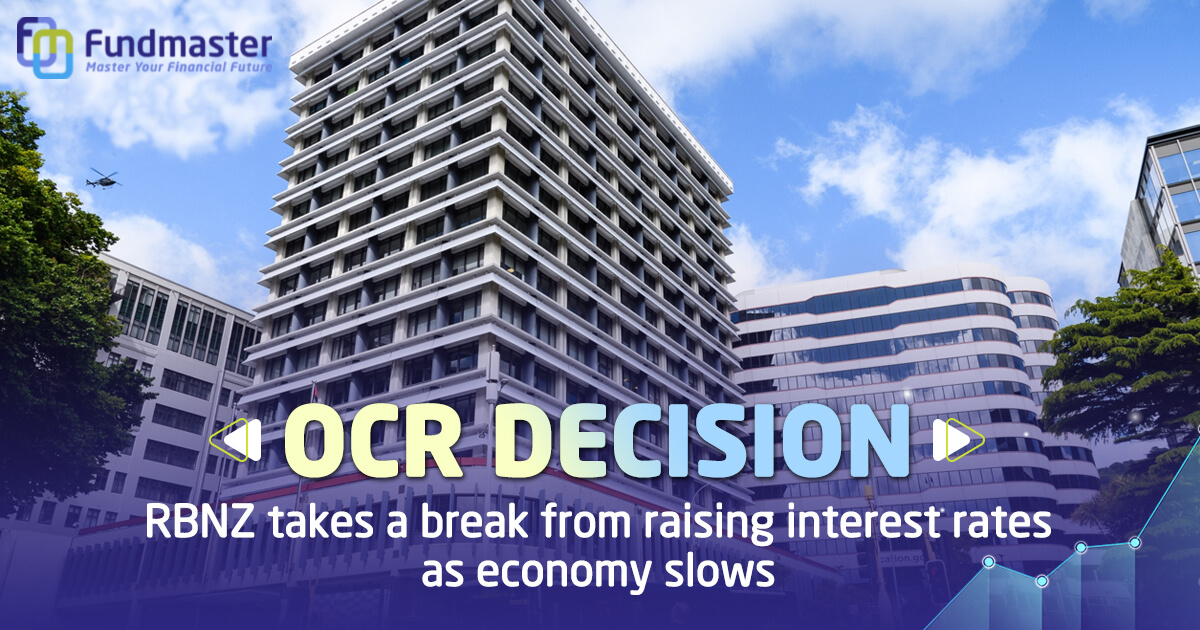If you’re a property investor, or have been thinking about getting into property investment, you could be excused for adopting a siege mentality over the past few weeks. The Governments ‘suite of measures’, released last month, on the back of claims that they would fix the housing market contained some pretty serious changes to the way in which property investment will be treated in the future – with almost all of these designed to make things harder for investors.
Removing the longstanding ability to claim interest as a tax deductible cost and extending the Bright Line test to 10 years (from five), on top of previous moves to ‘ring fence’ tax losses so that they can’t be offset against other income, are all moves designed to make property investment less attractive in a naïve attempt to skew the field in favour of first home buyers.
That might make sense if the changes actually achieved this goal and made it easier for first home buyers to get into the market – but they won’t because Investors aren’t, and have never been, the reason they struggle to buy a home. The biggest obstacle facing first home buyers is the Reserve Bank’s loan-to-value-ratio restrictions which make the deposit required to buy a home a step too far for many – and this wasn’t affected by the recent changes.
But that’s not to say that these changes won’t affect investors. They will – with many reviewing their position and deciding whether to increase rents, quit the market, or a combination of both.
This attitude is understandable and inevitable – but for those with vision and patience, there are at least 4 good reasons to persevere in spite of the Government attacks on our industry.
1. The tax changes are being phased in
While the changes to your ability to claim interest as a deductible expense are pernicious and naïve – they’re being phased in over a four year period – with your deductions being reduced by 25% per tax year for the next four years. If you’re an existing investor this means that you have time to prepare and realign your portfolio so as to make the decisions that you need to to minimize the impact of the changes – and if you’re a new investor, you’re losing something that you never had, so the new reality will be all that you’ve ever known. It’s not an ideal situation – but it’s not the end of the world.
2. The Bright Line test is only an issue if you sell
If you’re a property investor (rather than a Trader) time is your friend and the real value of your investment is achieved through the capital growth you develop by holding your property for many years. There are no formal records indicating how long the average investor holds an investment property – but anecdotal evidence and surveys would tend to suggest that this could be for as long as 15 or more years – well past the ten-year timeframe imposed under the (now longer) Bright Line test. The so-called Bright Line test may now be a fully fledged capital gains tax – but it isn’t one that should concern you if you’re in this for the long haul.
3. House prices will keep going up
Despite the Governments claims and rhetoric – these changes will make absolutely no difference to house prices – which will keep going up. Auckland moved out of its cyclic flat phase and back into a growth phase in 2020 and prices there will keep rising over the next 6 to 7 years as they have done for 6 or 7 of every ten or eleven years for the past four decades. It’s possible that price growth in some other regions has stopped for now – but this will start picking up again in 2023/24. Either way – the long-term outlook for investors is unchanged.
4. Demand for rentals will probably increase
One of the ironies of the Governments changes is that they will actually increase the demand for rentals because some investors will quit the market while others will choose not to enter it. This will almost certainly reduce the overall stock of rentals available and we may even see the number of rentals going backwards, in real terms. This will increase the value of rental property and put even more pressure on rents – allowing investors to offset some of the cost of the changes to the tax treatment of their investment.
Ashley Church is a property commentator for The Fundmaster. Email him at ashley@nzemail.com
















0 Comments